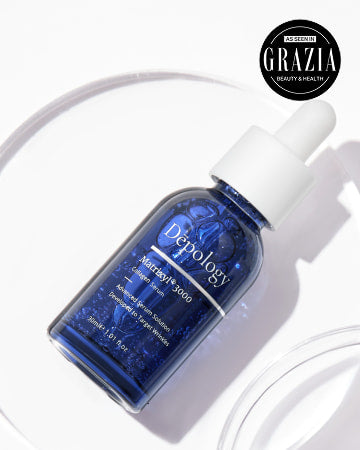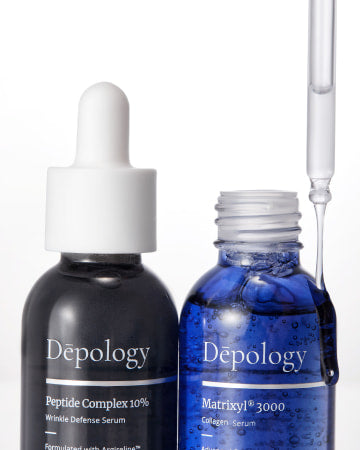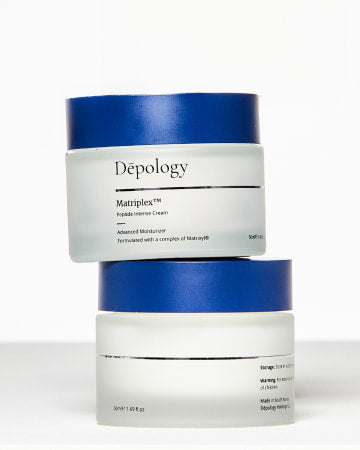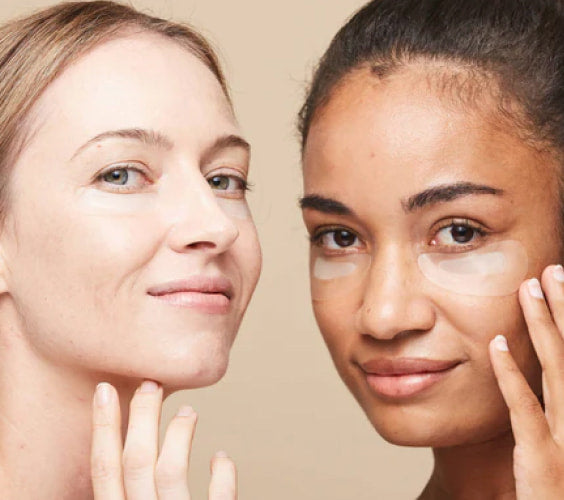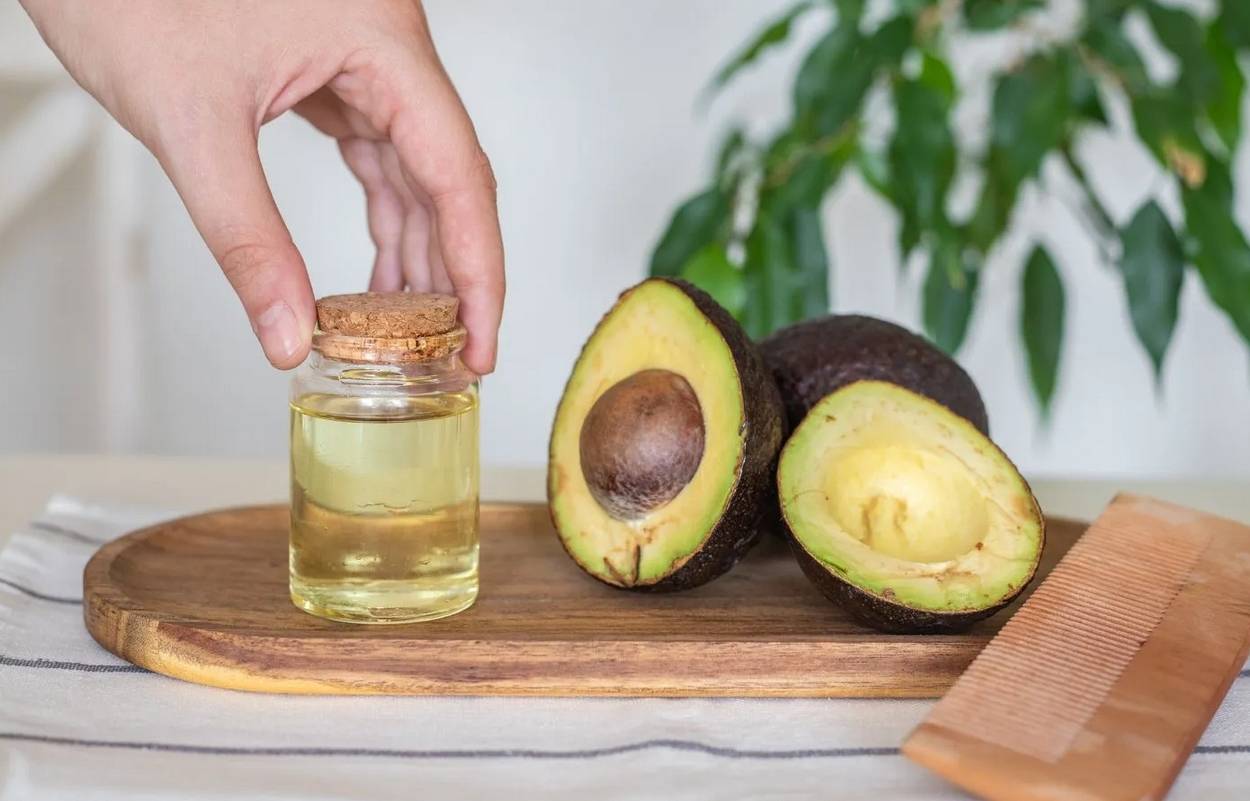
Read more

How To Get Rid Of Jowls And Saggy Chin Skin? Treatments and Solutions
Jowls and double chins, those unwelcome companions of mature aging and lifestyle factors, can be a source of self-consciousness for many. However, with advances in skincare, exercises, and medical ...
Read more
Resveratrol Skin Benefits: What Is It and How Does It Work?
In conclusion, resveratrol is a powerful and versatile ingredient that offers numerous skin benefits. From protecting against free radical damage to soothing inflammation and improving skin moistur...
Read more

